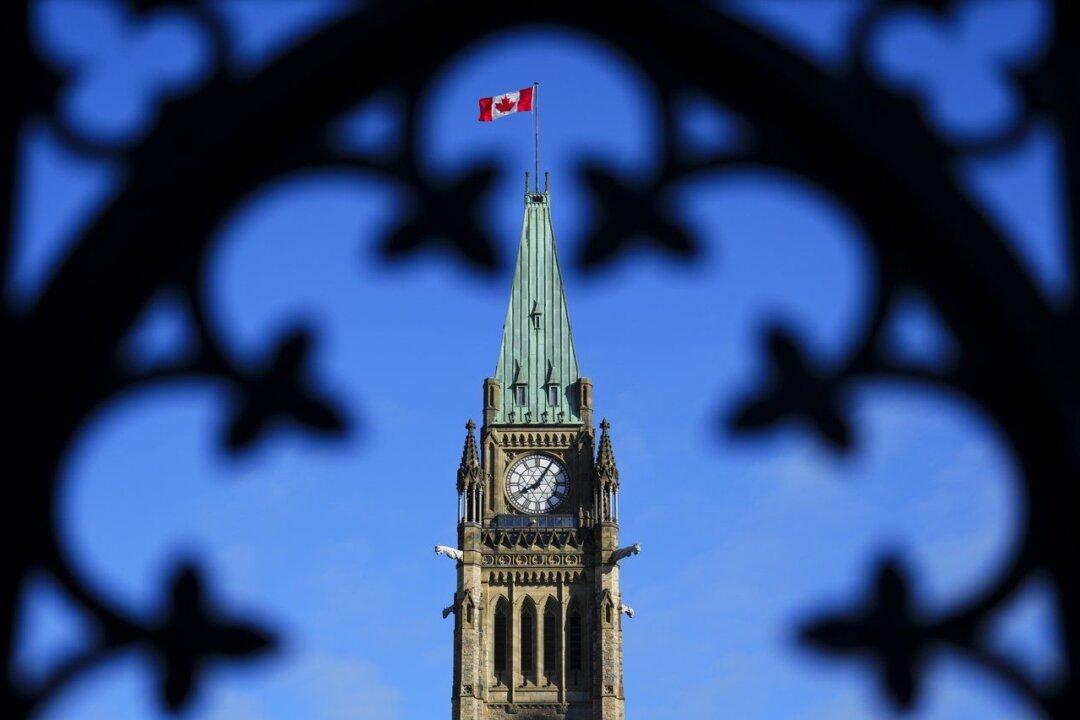The COVID-19 pandemic strained public finances and exacerbated gaps in governments’ accountability to voters—factors likely to result in long-term constraints on government finances, according to a new report by the C.D. Howe Institute.
“COVID’s impact on health and human capital formation will increase demand for health and other government services and lower government revenues—effectively accelerating a long-term demographic squeeze on government finances,” said the July 11 report, “Fiscal COVID, The Pandemic’s Impact on Government Finances and Accountability in Canada.”





